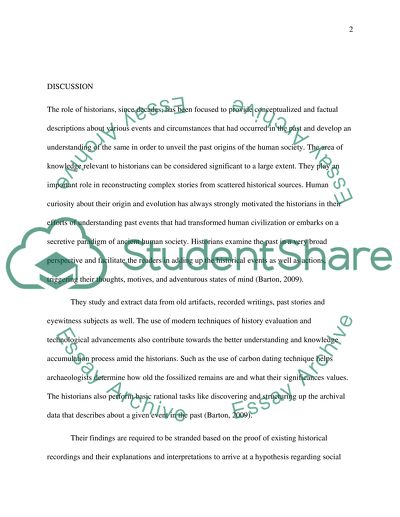Cite this document
(The Historian's Task Is To Understand The Past; The Human Scientist, Essay, n.d.)
The Historian's Task Is To Understand The Past; The Human Scientist, Essay. https://studentshare.org/education/1627167-the-historians-task-is-to-understand-the-past-the-human-scientist-by-contrast-is-looking-to-change-the-future-to-what-extent-is-this-true-in-these-areas-of-knowledge
The Historian's Task Is To Understand The Past; The Human Scientist, Essay. https://studentshare.org/education/1627167-the-historians-task-is-to-understand-the-past-the-human-scientist-by-contrast-is-looking-to-change-the-future-to-what-extent-is-this-true-in-these-areas-of-knowledge
(The Historian'S Task Is To Understand The Past; The Human Scientist, Essay)
The Historian'S Task Is To Understand The Past; The Human Scientist, Essay. https://studentshare.org/education/1627167-the-historians-task-is-to-understand-the-past-the-human-scientist-by-contrast-is-looking-to-change-the-future-to-what-extent-is-this-true-in-these-areas-of-knowledge.
The Historian'S Task Is To Understand The Past; The Human Scientist, Essay. https://studentshare.org/education/1627167-the-historians-task-is-to-understand-the-past-the-human-scientist-by-contrast-is-looking-to-change-the-future-to-what-extent-is-this-true-in-these-areas-of-knowledge.
“The Historian'S Task Is To Understand The Past; The Human Scientist, Essay”. https://studentshare.org/education/1627167-the-historians-task-is-to-understand-the-past-the-human-scientist-by-contrast-is-looking-to-change-the-future-to-what-extent-is-this-true-in-these-areas-of-knowledge.


